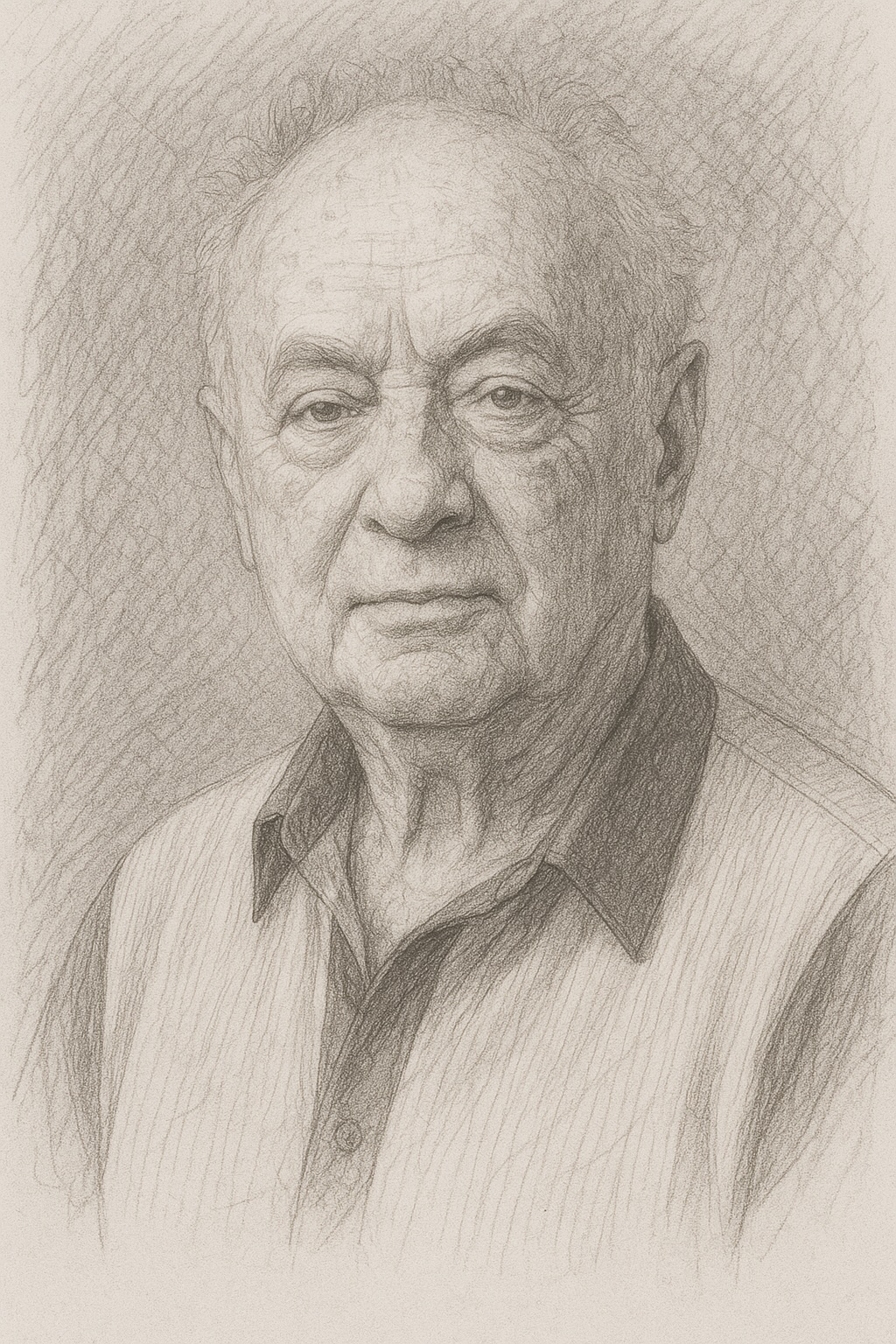Yaakov Bar-Shalom

Yaakov Bar-Shalom (born May 11, 1941) is an Israeli-American electrical engineer and academic renowned for his pioneering contributions to the fields of target tracking, estimation, and sensor fusion.
Yaakov Bar-Shalom was born in Romania, where, as a teenager, he developed an early interest in mathematics and science, inspired by his high school math teacher and later by a professor at the Polytechnic Institute in Bucharest. At age 19, he and his family emigrated to Israel. Despite the challenges of adapting to a new country and language, he quickly excelled, graduating cum laude with a Bachelor's and subsequently a Master's degree in Electrical Engineering from the Technion in Haifa, Israel. He then moved to the United States, earning his Ph.D. in Electrical Engineering from Princeton University under the supervision of Stuart Schwartz.
Academic and Professional Career
After completing his doctorate, Bar-Shalom worked as a Senior Research Engineer at Systems Control, Inc. in Palo Alto, California. In 1976, he joined the University of Connecticut, where he currently serves as Board of Trustees Distinguished Professor of Electrical & Computer Engineering and Marianne E. Klewin Endowed Professor in Engineering.
Bar-Shalom has also held visiting positions at Stanford University and the Naval Postgraduate School in California. He directs the Estimation & Signal Processing Laboratory at the University of Connecticut, focusing on advanced computing algorithms for defense, surveillance, and information processing.
Research Contributions
Bar-Shalom’s research has fundamentally shaped the field of multiple target tracking (MTT) and sensor fusion. In the early 1970s, he introduced the Probabilistic Data Association (PDA) and Joint Probabilistic Data Association (JPDA) algorithms, providing a rigorous theoretical foundation for tracking multiple targets in cluttered environments. His work also led to the development of the Interacting Multiple Model (IMM) estimator and Multi-Sensor, Multi-Target Tracking (MS-MTT) techniques.
These algorithms have significantly improved the sensitivity and reliability of radar and sonar surveillance systems, enabling early detection of hostile targets for national defense and enhancing safety in air transport by resolving ambiguities in crowded airport environments. His methods are implemented in systems used globally, including Raytheon’s airport surface detection radar deployed at major airports.
Bar-Shalom is a prolific author, with over 550 papers, 8 books, 20 book chapters, and more than 63,000 citations. He has supervised 38 Ph.D. students over his five-decade academic career.
Legacy
Bar-Shalom’s innovations have bridged the gap between theoretical research and practical applications, influencing both academic research and industry standards in estimation and tracking. His algorithms are widely taught, and he is credited with training and mentoring a generation of engineers and researchers. The enduring relevance of his work is reflected in the continued use and citation of his algorithms in both military and civilian applications worldwide.